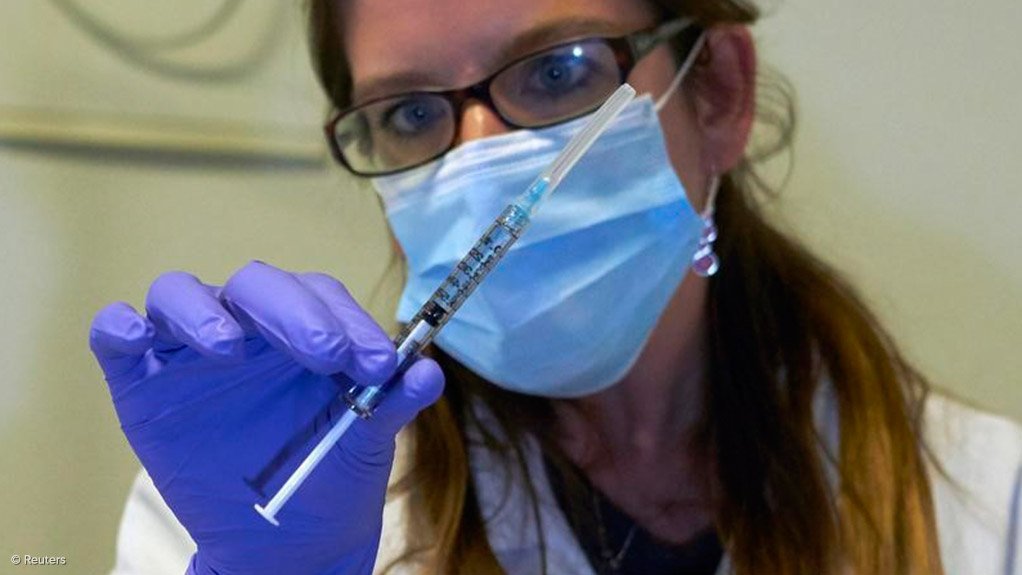Farmers in West Africa still reeling from the impact of Ebola, urgently need help or they could be forced to leave their farms to seek work elsewhere, the International Fund for Agricultural Development (IFAD) said on Wednesday.
During the epidemic, many farmers in Guinea, Sierra Leone and Liberia were unable to grow or sell their crops because of measures to contain the virus, including travel restrictions, border closures and quarantines, as well as fear of infection.
Rice, cassava and other crops went unharvested. Food production in Sierra Leone's bread basket and epicentre of the epidemic stalled, and weekly markets ceased trading because there was nothing to sell, according to the World Bank.
Although the epidemic has ended officially, experts are concerned about its long-term effects on food production and agriculture in the region.
"Ebola has had an enormous impact on the lives of rural people – many of whom are small-scale farmers who could not grow food or earn a living during the epidemic," IFAD president, Kanayo Nwanze, said ahead of a trip to Liberia and Sierra Leone.
"If we do not channel our investments to the rural areas now, these farmers may have to migrate in search of work. This could compromise the future food security of these countries," he said in a statement.
IFAD is a UN agency which provides grants and low-interest loans to help boost agriculture in developing countries.
Ebola killed more than 11,300 people and infected some 28,600 as it swept through Sierra Leone, Liberia and Guinea from 2013 in the world's worst outbreak of the disease.
The World Health Organisation declared Sierra Leone free of the deadly haemorrhagic fever on March 17, Guinea on June 1, and Liberia on June 9.
Agencies including IFAD, the World Bank, the United Nations' Food and Agriculture Organisation and several West African agencies, have been helping farmers, but more help is needed.
"With more than 70 percent of rural people in these countries engaged in agriculture, our first concern is to ensure they can grow food and earn incomes again so they can rebuild their communities," said Nwanze.
"But it is equally important to ensure that they have access to the right tools and resources to build their resilience so they are less vulnerable to future shocks."
EMAIL THIS ARTICLE SAVE THIS ARTICLE
To subscribe email subscriptions@creamermedia.co.za or click here
To advertise email advertising@creamermedia.co.za or click here











